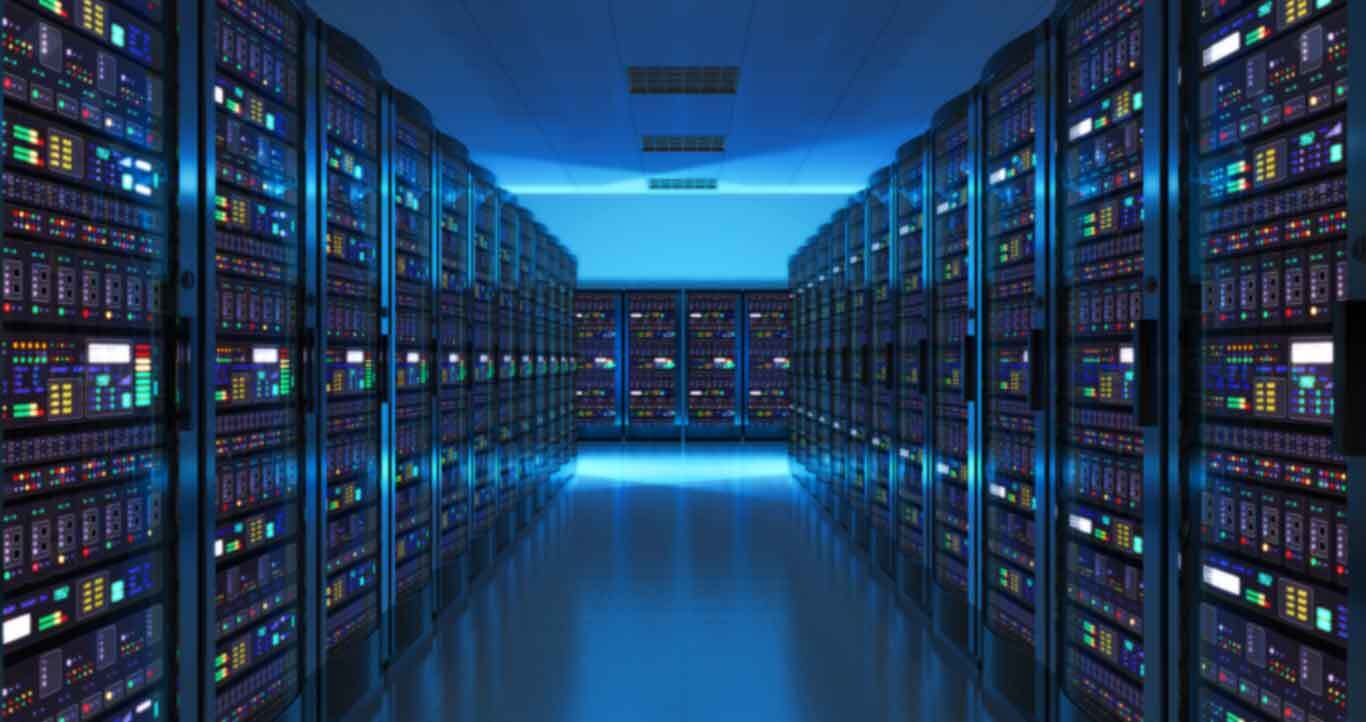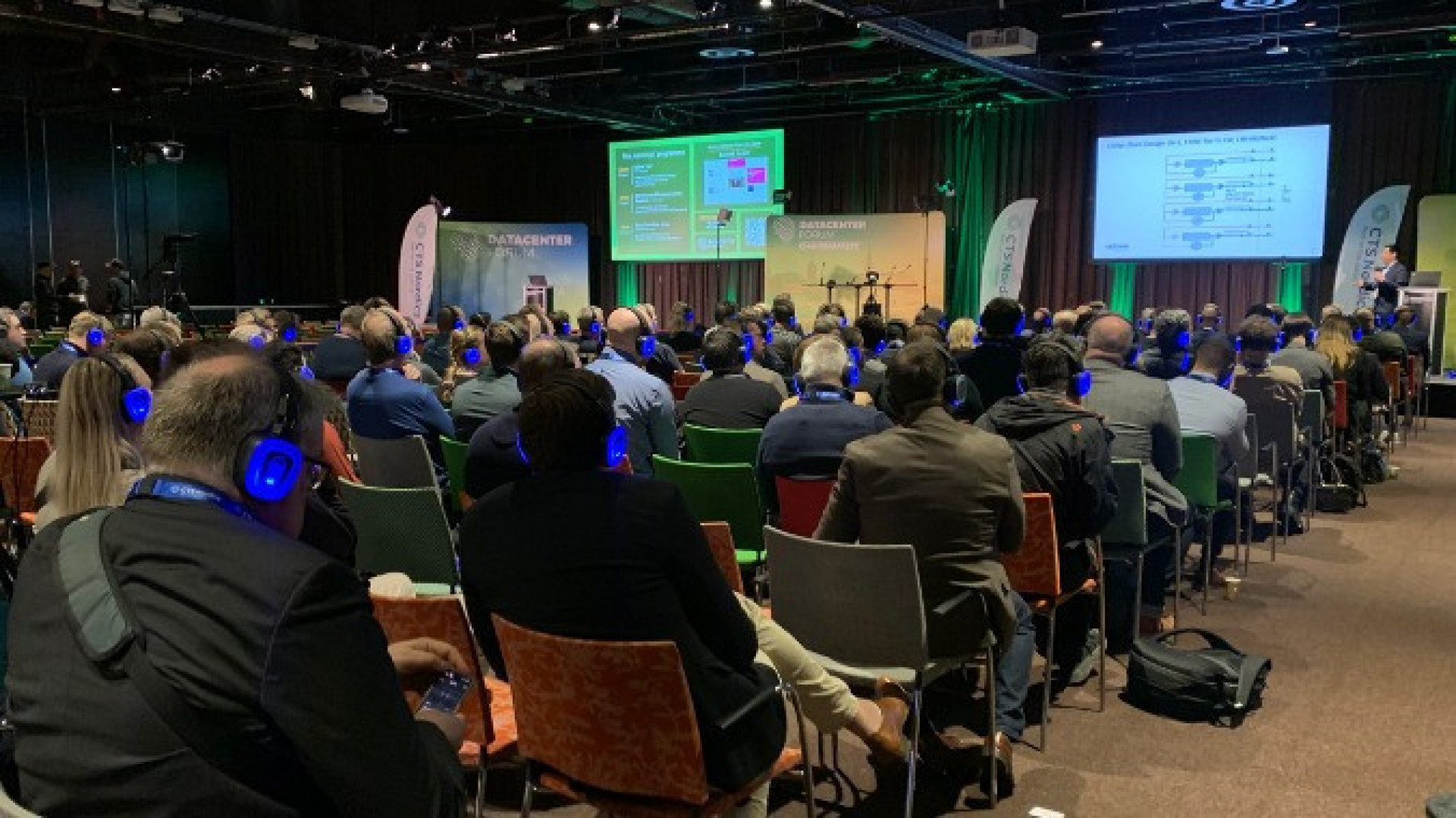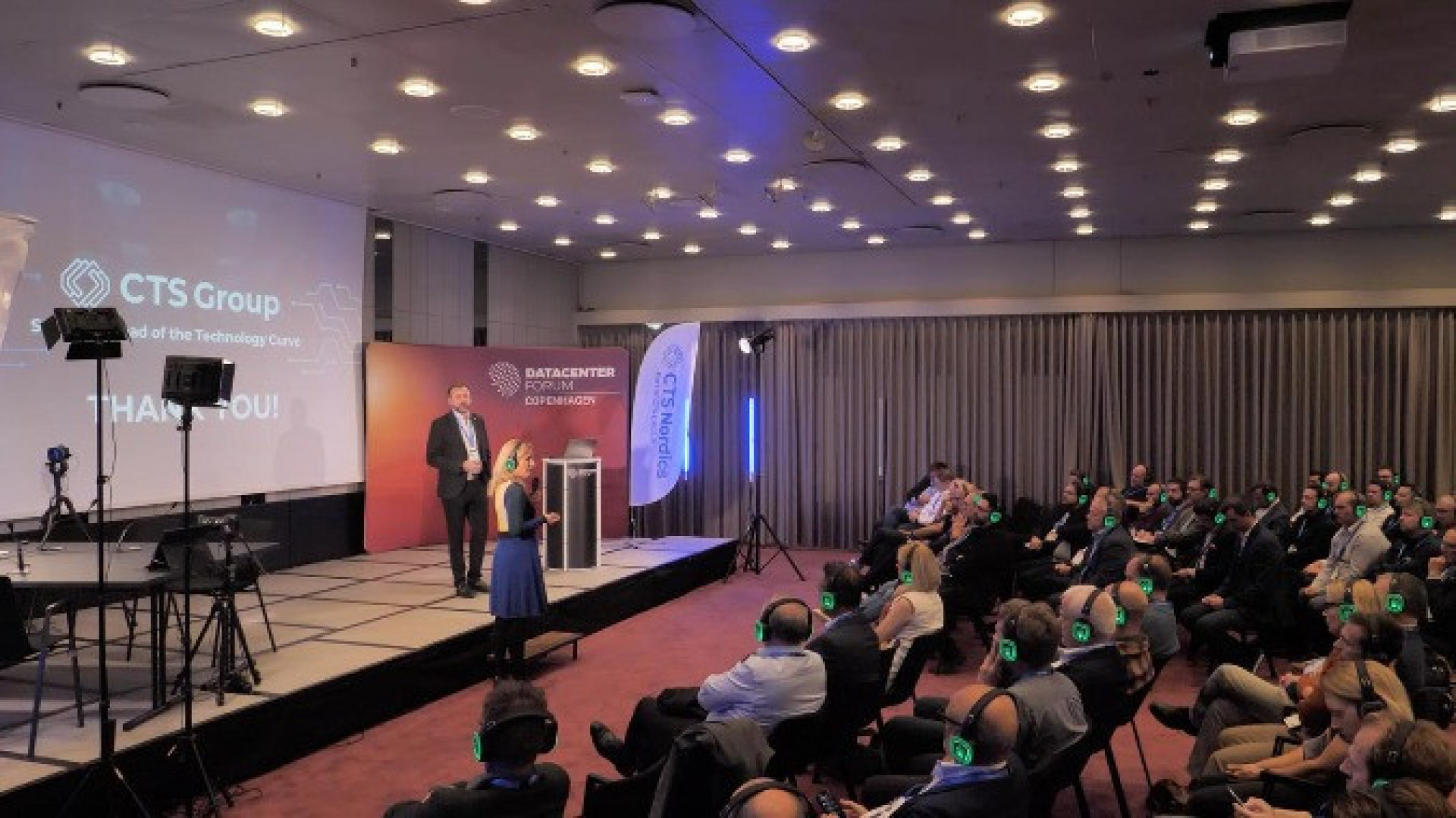With the announcement of Windows 11 - Microsoft’s latest operating system (OS), a lot of attention has been focused on the new advanced features it offers, as well as consolidating functions and improving the user experience.
With any major OS release, attention should also be placed on compatibility, and whether organisations should “rip and replace” or whether they can upgrade their existing devices.
In this article, we delve into the key considerations and what to look out for. First, we look at the system requirements needed to upgrade. But with any minimum specifications, it is wise to exceed these in order to obtain a smooth and seamless user-experience.
CPU
According to the Windows 11 launch statement*, you will need a CPU that is 1GHz or faster with 2 or more cores on a compatible 64-bit processor or System on a Chip (SoC). In real terms, this means the following desktop/laptop CPUs will be compatible (as of June 2021):
Intel Core 8th generation (Coffee Lake, Whiskey Lake) and later
AMD Zen+ (Ryzen 2000, Threadripper 2000, Ryzen 3000G APU) and later.
However, this list is not definitive and earlier CPU’s may be compatible with Windows 11 – but the age of other components of your system(s) may be a guiding factor, and subject to change. In any case, please consult the Windows 11 compatibility website**.
Another important point is to consider your DRAM requirements, and whether these will also be compatible with your CPU, both today and in the future.
DRAM
For RAM/DRAM itself, the minimum requirements are to have at least 4GB (Gigabytes). However, as mentioned previously, ensuring you have in excess of the minimum requirements will ensure a better experience.
Another key factor are the industry wide changes in memory technology. Looking at the recent shift from 8 to 16Gbit DRAM and its compatibility with the latest Intel CPU’s (8th Gen and later)*** may provide a definitive answer whether or not your devices are suitable for a Windows 11 upgrade. If they are, then this is a great opportunity to get the most out your systems by upgrading your memory, and a cost-effective way of modernising your devices with Windows 11.
TPM 2.0
Trusted Platform Module, or TPM, is perhaps an unknown term prior to the Windows 11 announcement. But this is mandatory in order to use Windows 11.
TPM itself is a cryptoprocessor that secures a computer on a hardware level, preventing risk of attack by using an integrated cryptographic key. This then works with other systems and applications within your PC. As it is hardware based - it is considered more secure than using software encryption alone.
What this means is that those without TPM 2.0 won’t be able to upgrade to Windows 11, unless (for desktops) you purchase and install a TPM 2.0 Module.
To find out if your device(s) has TPM 2.0, search for “Windows Security” from the start menu, select “Device Security” then select “Security processor details”. Be sure to check that “Specification Version” is 2.0, as previous versions will not be compatible.
SSD
For SSDs there has been great excitement around DirectStorage. But this is solely a benefit to running PC games. As such, the only enterprise related requirements are to have at least 64GB and will support both SATA and NVMe based SSDs. Again, given that the Windows 11 OS will likely exceed 50GB alone, ensuring you have sufficient storage capacity and go above and beyond minimum requirements is key.
However, the wider adoption of NVMe-based drives may well be the catalyst for applications to utilise the speeds available with NVMe. As such, combined with a roll-out of memory upgrades, increasing the speed and capacity of your device’s storage can offer an opportunity to increase performance, in a cost-effective manner.
Conclusion
The release of Windows 11 has many potential benefits and appears to offer a more seamless and secure experience for PC/Laptop users and organisations alike. As outlined above, whether or not your organisation should make the leap to upgrade to Windows 11 is defined, in part, with how compatible your assets are, and what IT refresh stage you are at.
Considering technology shifts, hardware upgrades will likely be limited by the ability to upgrade, such as DDR3 DRAM being end of life. With fewer suppliers producing legacy technology, the price curve/availability following current/mainstream tech, it's important to consider this in debating an upgrade versus refresh.
But for those that that are in the mid-stages of a laptop/desktop refresh cycle, this provides an opportunity to elongate the lifecycle of devices, increasing performance, security and offering a better user-experience. By upgrading memory and SSDs - it allows you to do this at a fraction of the cost of acquiring new devices.
Whatever your requirements or needs, #KingstonIsWithYou and have experts on hand to guide you on what is right for your organisation. Whether it’s SSD, Memory or USBs, our Ask an Expert service offers objective advice on how you can achieve your goals.














